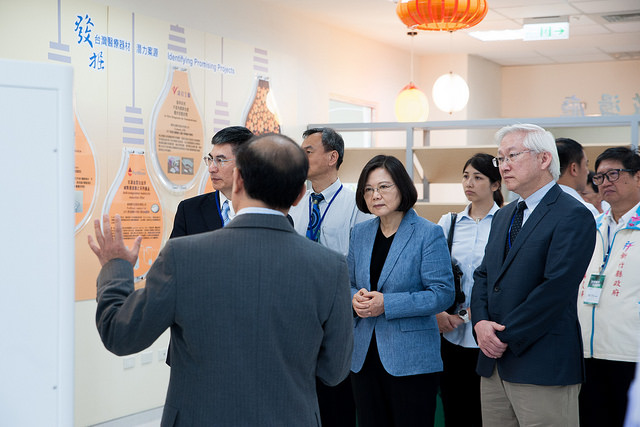
Harnessing Science, Technology and Innovation for Societal Benefits
- News
- 1.3K
Director-General of Council of Scientific and Industrial Research, Dr. Shekhar C. Mande, has urged for greater collaboration between society, on one hand, and the scientific community on the other to ensure that there is a proper promotion of scientific endeavors and effective utilization of the fruits of science, technology, and innovation for the welfare of the people.
Drawing upon examples from ancient times, Dr. Mande said the excavations at Lothal in Gujarat were an eye-opener as they showed that even in ancient times people had thought of building a seaport to promote trade. Lothal is one of the southernmost cities of the ancient Indus Valley civilization located in the Bhal region of the western state.
He referred to the newly coined term of Social Scientific Responsibility and recalled how engineering wizard and statesman M. Visvesvaraya helped build a dam across Osman Sagar in Hyderabad. “Till the early 1900s, Hyderabad was always ravaged by floods during the rainy season. At the same time, people also faced a shortage of drinking water. The Nizam of Hyderabad consulted Visvesvaraya who then designed a water management system in such a way that it solved both the problems – preventing floods and providing drinking water.”
Dr. Mande was delivering the 23rd lecture under Science, Technology and Innovation Policy (STIP) Forum Lecture Series organized here on Thursday by Vigyan Prasar, Research and Innovation System for Developing Countries, The Energy and Resource Institute, Centre for Science and Environment and India Habitat Centre.
He narrated the journey of science, technology, and innovation in Independent India and the role of CSIR in this journey. “When the British left, our contribution to the world GDP had dropped to below 2%. We could not make our own clothes or provide ourselves with food. We also did not have industries. The only solution was to make science, technology, and innovation as the driver to rise up. Today, we can see the result,” he said.
In this context, he recalled how CSIR’s Indian Institute of Petroleum, Dehradun has developed a technology to produce wax from oil discards and has set up a plant for this in Numaligarh in Assam. “Because of this plant, the country saves around Rs 500 crores per year on wax import. This wax can have multiple applications”, he said.
Noting the contributions of Shanti Swaroop Bhatnagar, the founder of CSIR, he emphasized the need to keep looking out for new ideas for innovations including from one’s own daily life. “For several centuries, human beings have been producing flours from grains manually. However, people living in hill areas realized that when water falls from height energy can be produced and that can be used to operate the grinders. That gave rise to Gharats, which have been in operation in Himalayan states for centuries. Remote villages in the hills still use them”.
Dr. Chandrima Shaha, President-Elect, Indian National Science Academy, chaired the session, while Dr. Sachin Chaturvedi, director general, RIS, welcomed the gathering. (ISW)
Ruby Kumari
If you liked this article, then please subscribe to our YouTube Channel for the latest Science & Tech news. You can also find us on Twitter & Facebook.


